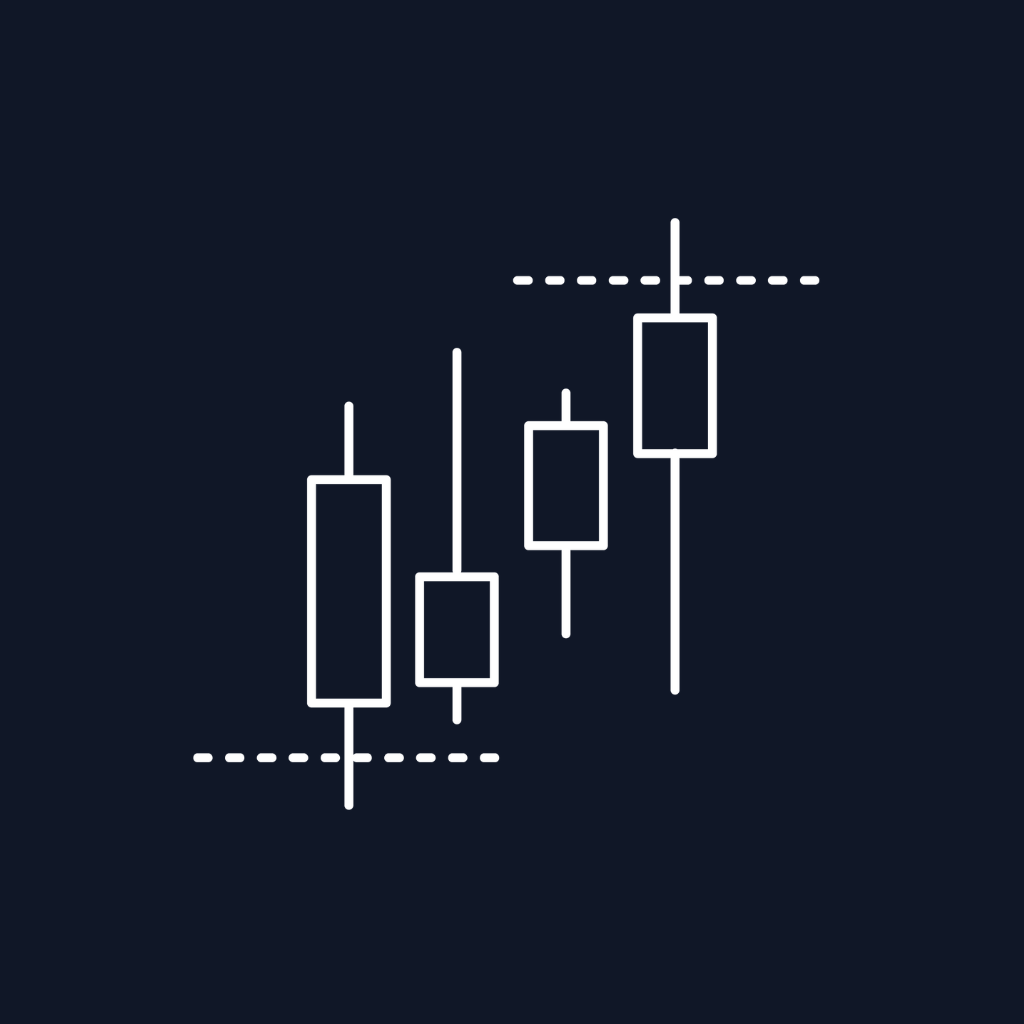Introduction:
Welcome back to our "Algo Trading Unleashed" series! In the previous post, we debunked the myth of portable trading strategies and discussed the importance of adapting your strategies to specific markets and instruments. If you missed it, you can catch up by clicking here (link to the previous blog post).
In today's blog, we'll dive into the world of technical indicators and their role in algo trading. We'll also explore how market dynamics and realities can significantly impact trading outcomes. Understanding these aspects is essential for building successful algo trading strategies.
The Role of Technical Indicators:
Technical indicators are powerful tools used by traders to analyze market data and make informed trading decisions. They are mathematical calculations based on price, volume, or open interest data. Common technical indicators include moving averages, relative strength index (RSI), and stochastic oscillators.
The Influence of Indicators:
While technical indicators can provide valuable insights into market trends and potential trade opportunities, it's essential to recognize their limitations. Here are a few key points to consider:
-
Lagging vs. Leading Indicators: Some indicators lag behind price movements, which means they provide signals after a trend has already begun. Leading indicators attempt to predict future price movements.
-
Overuse and Redundancy: Using too many indicators or redundant ones can lead to information overload and conflicting signals.
-
Context Matters: The effectiveness of an indicator depends on the market conditions and the instrument you're trading. What works in a trending market may not work in a range-bound market.
Realities of Markets:
Market dynamics are influenced by various factors, including economic events, geopolitical developments, and investor sentiment. These realities can significantly impact trading outcomes and should be factored into your trading strategies.
Adapting to Market Realities:
To navigate the complexities of market dynamics, consider the following:
-
Fundamental Analysis: Incorporate fundamental analysis alongside technical analysis to gain a more comprehensive view of market conditions.
-
Event Risk: Be aware of upcoming economic events, earnings reports, and geopolitical developments that may impact the instruments you're trading.
-
Market Sentiment: Pay attention to market sentiment indicators, such as the CBOE Volatility Index (VIX), to gauge investor sentiment and market volatility.
Combining Indicators and Realities:
Successful algo traders strike a balance between technical indicators and an understanding of market realities. They adapt their strategies based on current market conditions and use indicators as tools to refine their entries and exits.
What to Expect Next:
In the next blog post, "Diverse Strategies, Diverse Positions," we'll explore the variety of trading approaches and position sizing techniques employed by successful algo traders. We'll discuss how different strategies suit different market conditions and trading objectives.
So, stay tuned as we continue our journey towards mastering emotionless trading with Algo Trading Unleashed!










